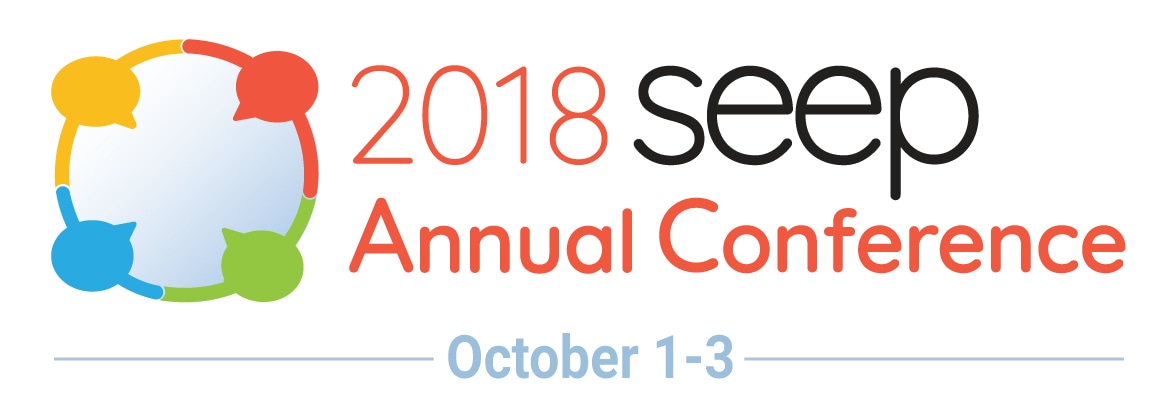
Market systems development and resilience-building approaches both seek to transform how systems perform for the benefit of poor and vulnerable groups, but recent learning suggests they are not automatically reinforcing. So what elements of market systems development build resilience? This session shares compelling evidence of how social networks and norms determine whether and how markets contribute to resilience. We will share the latest field research and first-hand experience from Mercy Corps, ACDI/VOCA and USAID to illustrate these connections, and provide strong "how to" models for leveraging or transforming social norms and networks to ensure market systems work for resilience.
Did you know that there are Sphere standards for market and livelihood programs? This session will build your understanding of the Minimum Economic Recovery Standards and how to apply them to improve the effectiveness and quality of market programs, thus improving the lives of the people affected by disasters. Using participatory case-study activities, we will learn how to apply the MERS to programs, as well as how to use them to design new interventions. Work in teams, and compete with your colleagues to see who can be the most creative! Who will have their work "funded" by our "donors"?
In the past, practitioners have strengthened refugee resilience by focusing on direct service provision. However, while these responses address the short-term needs of refugees, over the long-term they damage markets and the economic recovery of the affected region. SwissContact and Palladium are using market-based approaches in Africa to the benefit of IDPs, refugees and their host communities. In the Middle East, Making Cents is promoting a market system approach for refugees in the microfinance industry including using Digital Economic Identities to help refugees access finance. In this session, learn how to use systems-based approaches to build resilience with displaced peoples and their host populations.
Can humanitarian response contribute to market resilience? How can emergency market interventions support household coping and recovery? This panel will cover recent evidence and examples from NGOs, university and private sector showing the importance of markets in emergency response and recovery. Panelists will discuss research and lessons showing how programs can support, rather than undermine, the role that market systems play during and immediately following crises. We will discuss: methods for working with different economic actors to support household engagement with markets; recent research and frameworks for understanding market interventions and market-based coping; and ongoing efforts to improve our approaches.
Livelihood and Financial Strategies in Migration, Conflict and Crises – will draw on research that examines the household, socio-political and economic dynamics that shape people's choices in how they: leverage market systems; manage their livelihoods; engage financial strategies. Through a highly interactive session, three researchers from Tufts University will address themes of migration, conflict and crises. Research in the Middle East, Europe, sub-Saharan Africa and South Asia will offer key insights to underscore our discussion.
Through an interactive and collaborative format, this session will explore the challenge of jumpstarting economic hubs in semi-arid/arid lands and successfully integrating a focus on small towns into broader resilience programs. USAID's Center for Resilience will provide a broader perspective about how tackling small-scale economic transformation, even within a thin market and geographically-remote environment, is critical to strengthening resilience and how this fits in major USAID frameworks strategies. Then, ACDI/VOCA will bring a field perspective from a major resilience program in northern Kenya, sharing unique implementation models, learning, and progress towards building transformative capacities. This session will also dive into useful measurement tactics for programs.
